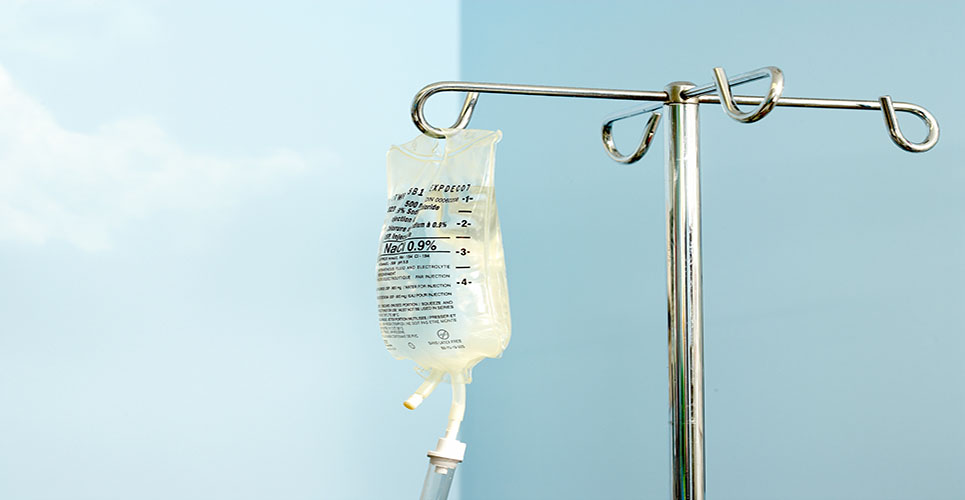teaser
Despite being widely used in patients with septic shock hydrocortisone does not improve survival or shock reversal in patients with septic shock overall or with no response to corticotrophin, a study has found.
The findings, just published in the New England Journal of Medicine, come from the CORTICUS (Corticosteroid Therapy of Septic Shock) study, in 499 patients who remained hypotensive or required treatment with vasopressors for at least one hour after adequate fluid resuscitation.
Initially, they were required to undergo randomisation within 24 hours of onset of shock; this time window was later increased to 72 hours.
The study assigned 251 patients to IV hydrocortisone 50mg and 248 to placebo, given every six hours for five days; the dose was then tapered during a six-day period (50mg every 12 hours for days 6–8, then every 24 hours for days 9–11, then stopped).
The primary outcome was death among patients had no response to a corticotropin test at 28 days.
Because of slow recruitment and expiry of the supply of study drug, the trial was stopped after only 500 of the planned 800 patients had been recruited.
The following results were reported:
- In total 233 patients (46.7%) had no response to corticotropin (125 hydrocortisone, 108 placebo).
- At 28 days, there was no statistically significant difference in mortality between patients in the two study groups who had no response to corticotropin (39.2% hydrocortisone, 36.1% placebo, p = 0.69) or between those who had a response to corticotropin (28.8% hydrocortisone, 28.7% in the placebo group, p =1.00).
- At 28 days, 86 of 251 patients on hydrocortisone (34.3%) and 78 of 248 patients in the placebo group (31.5%) had died (p = 0.51).
- In the hydrocortisone group, shock was reversed more quickly than in the placebo group.
- In the hydrocortisone group, there were more episodes of superinfection, including new sepsis and septic shock.
The researchers conclude: “The use of low-dose hydrocortisone had no significant effect on the rate of death in patients with septic shock at 28 days, regardless of the patients’ adrenal responsiveness to corticotropin.”
Take part in our prize-draw survey

